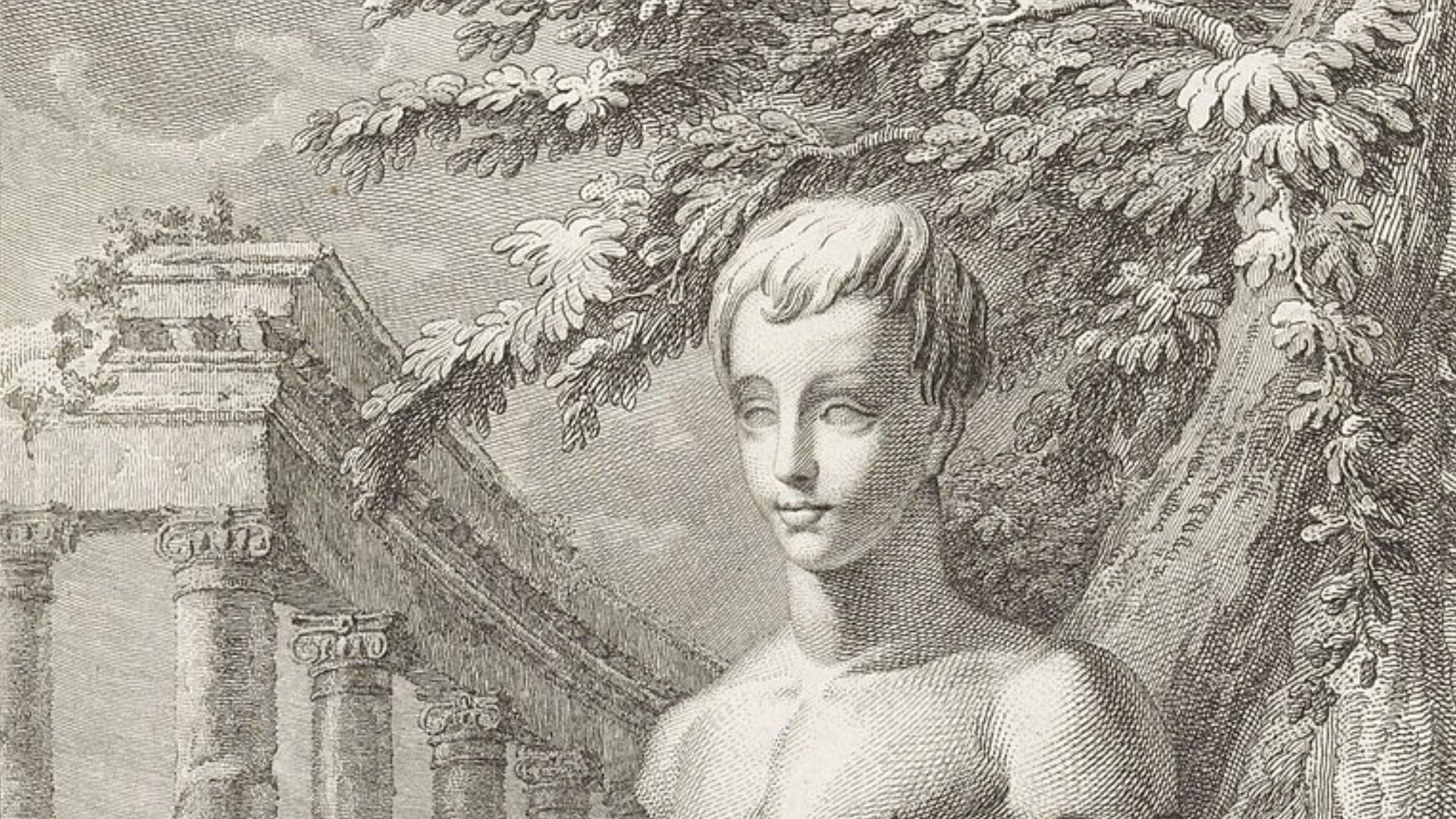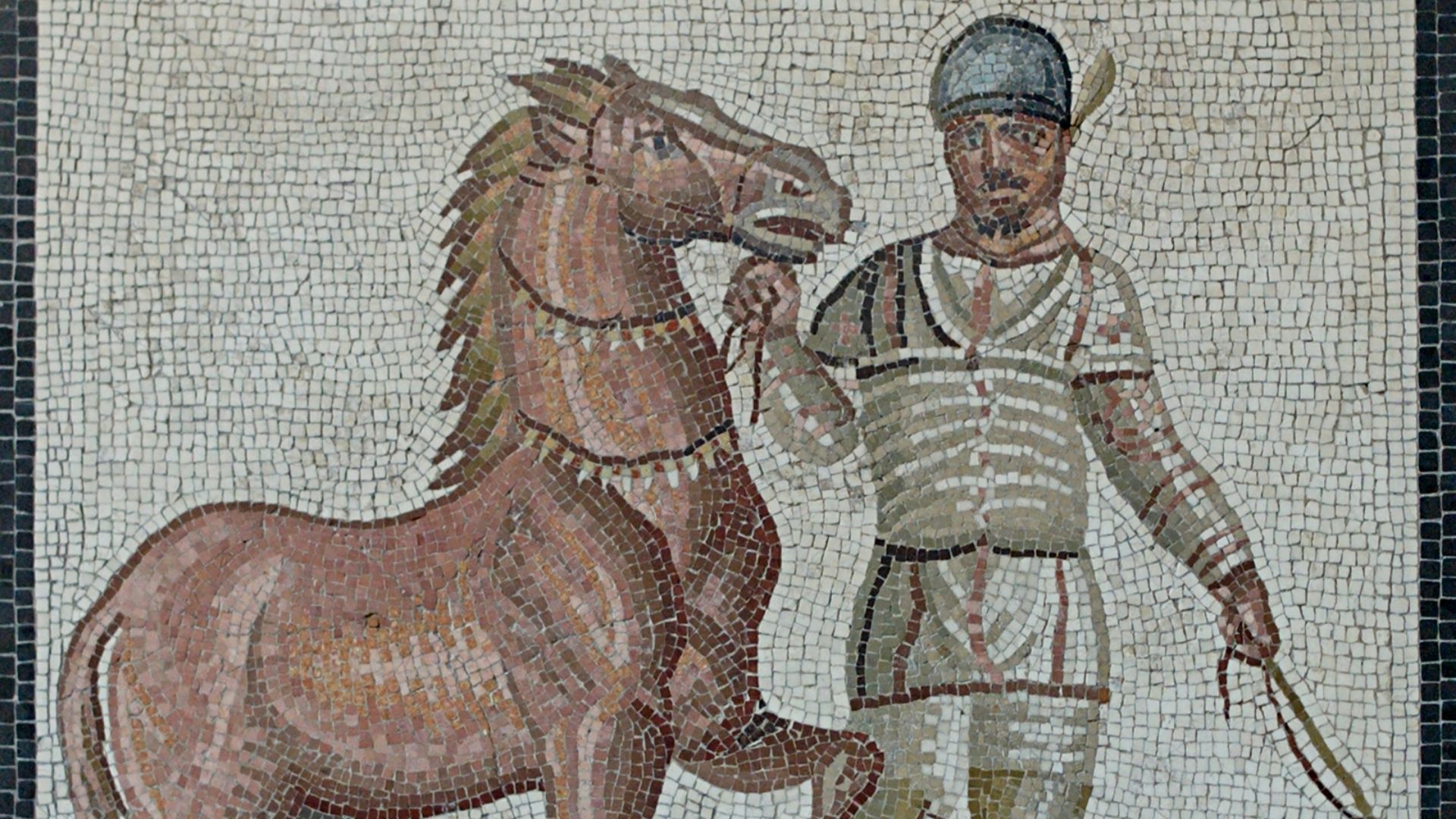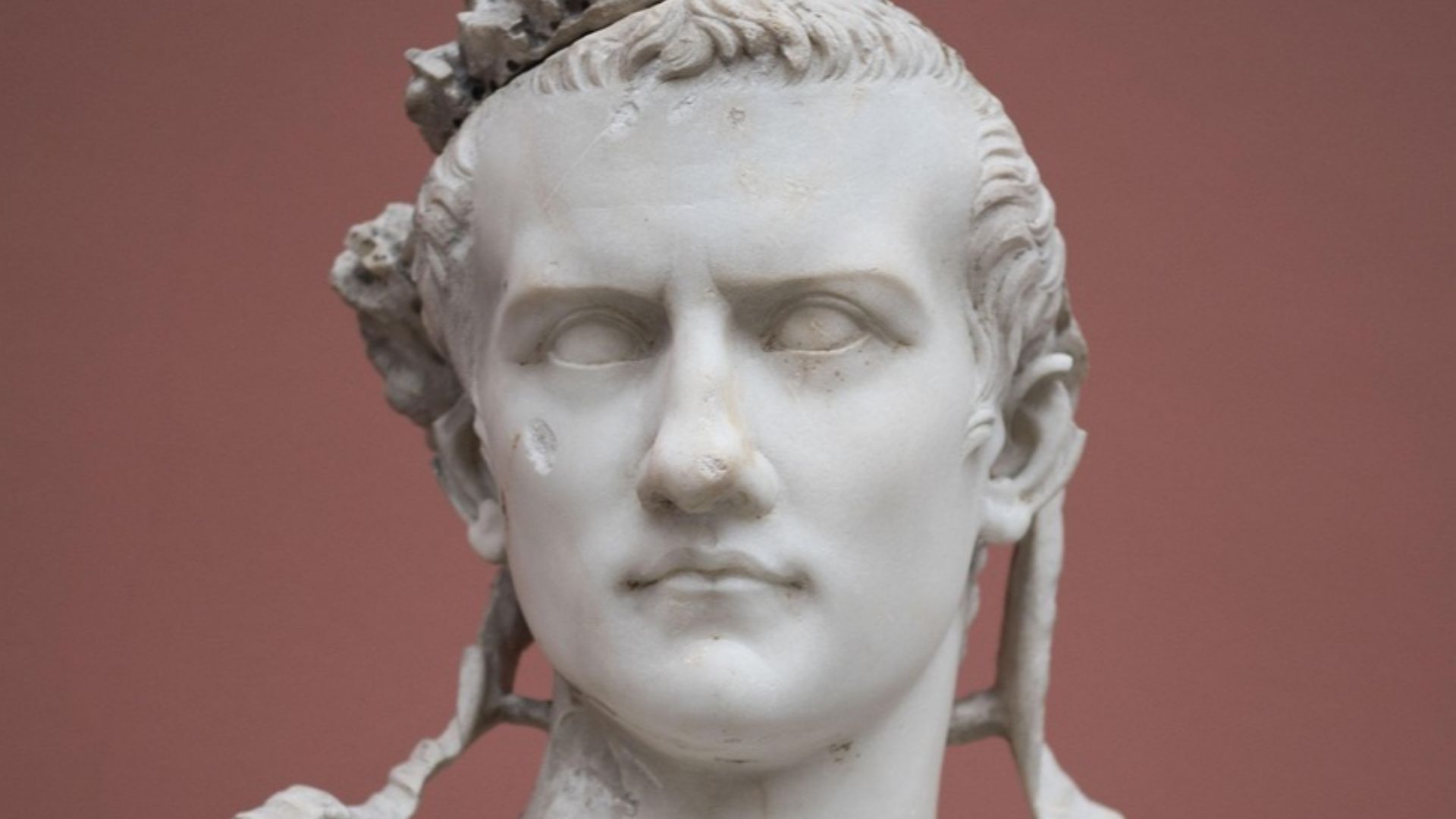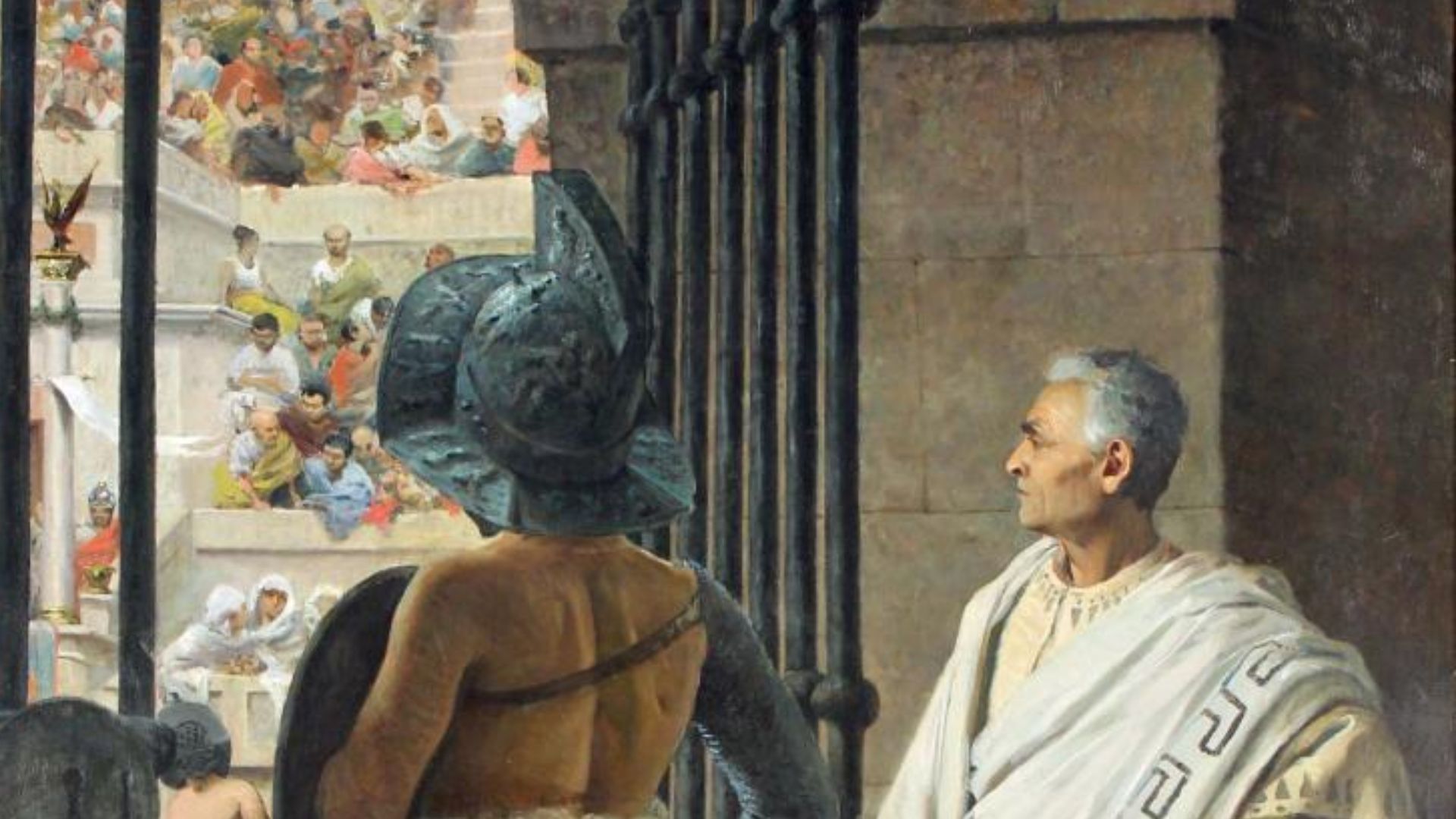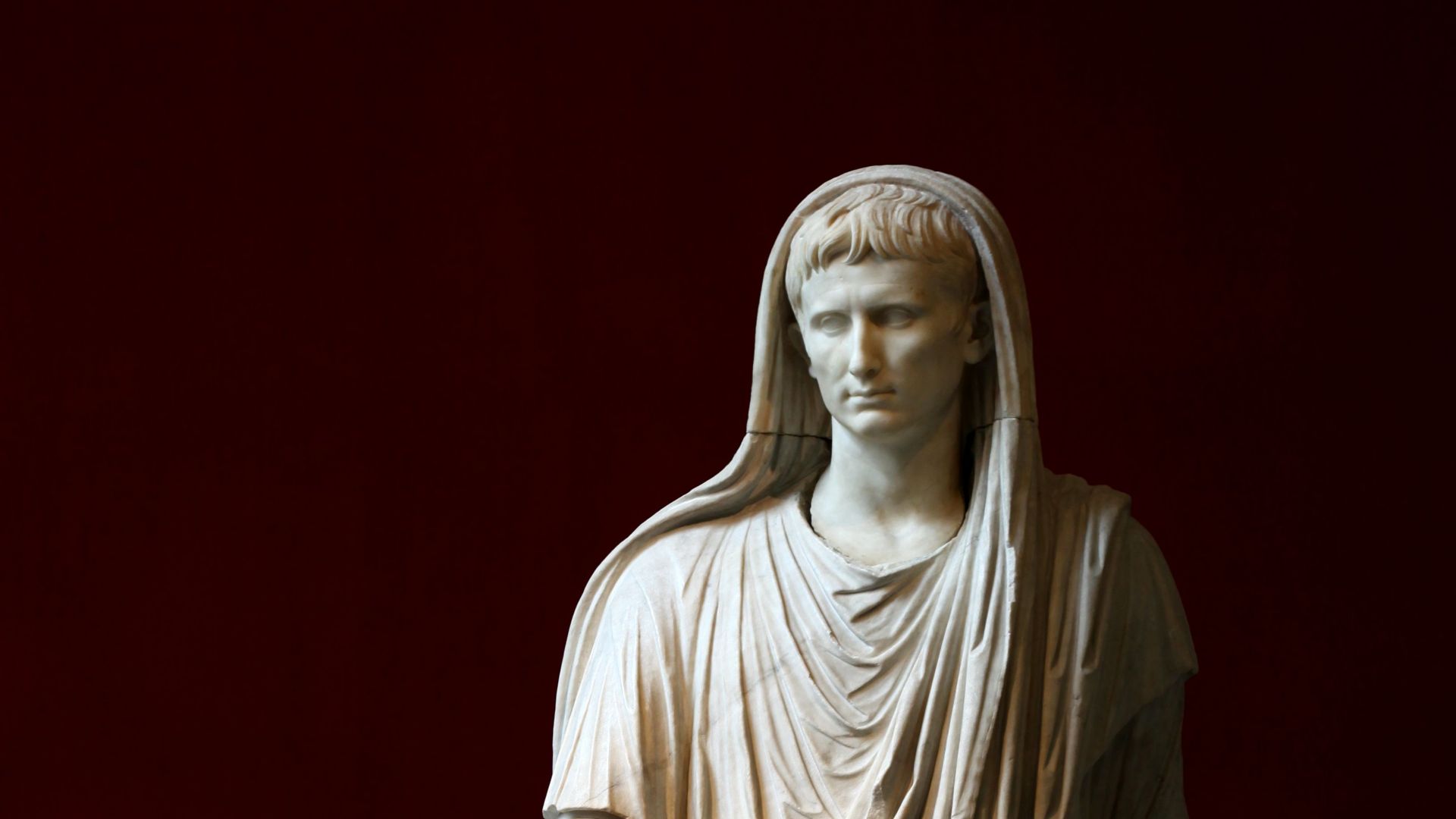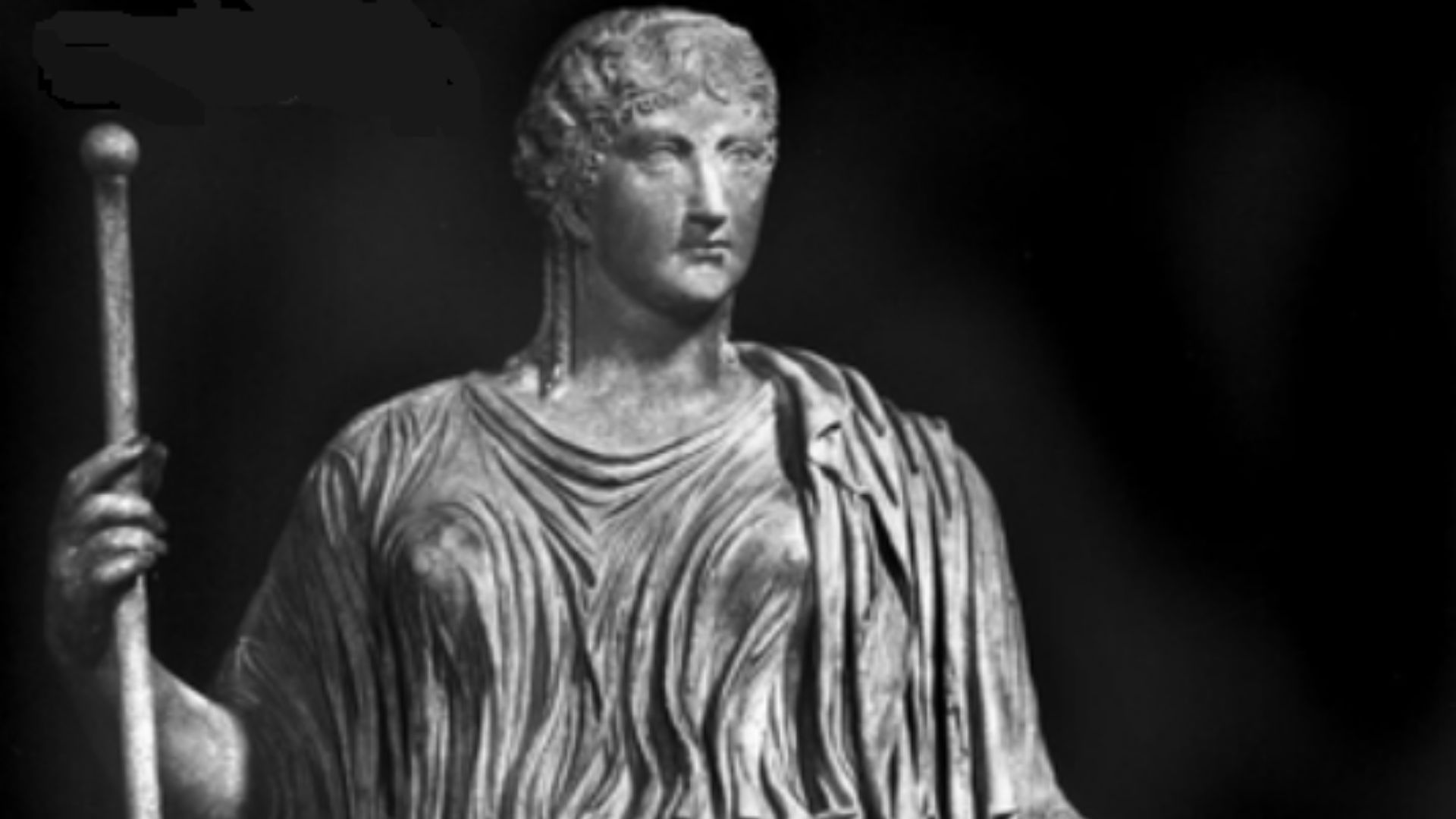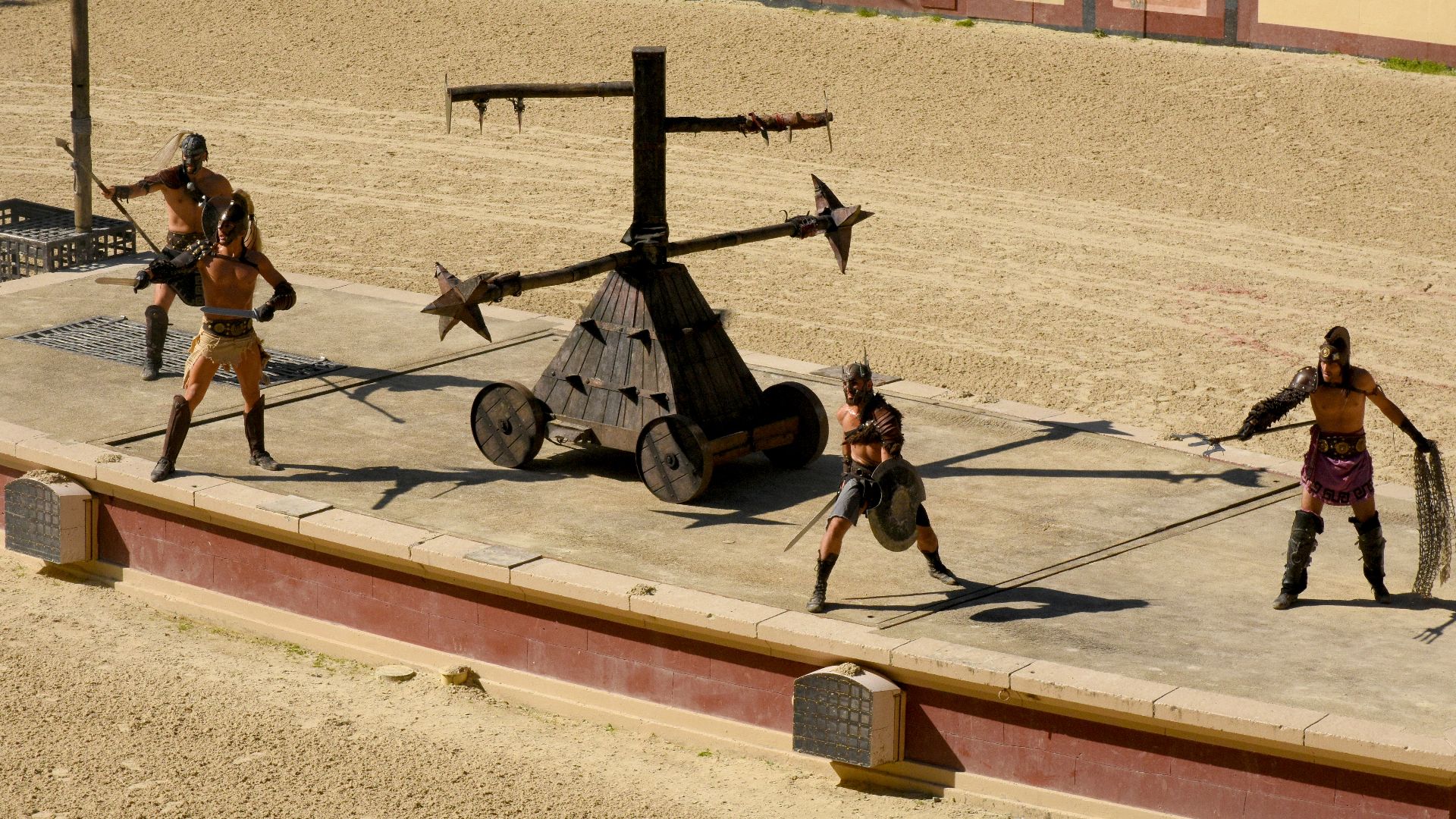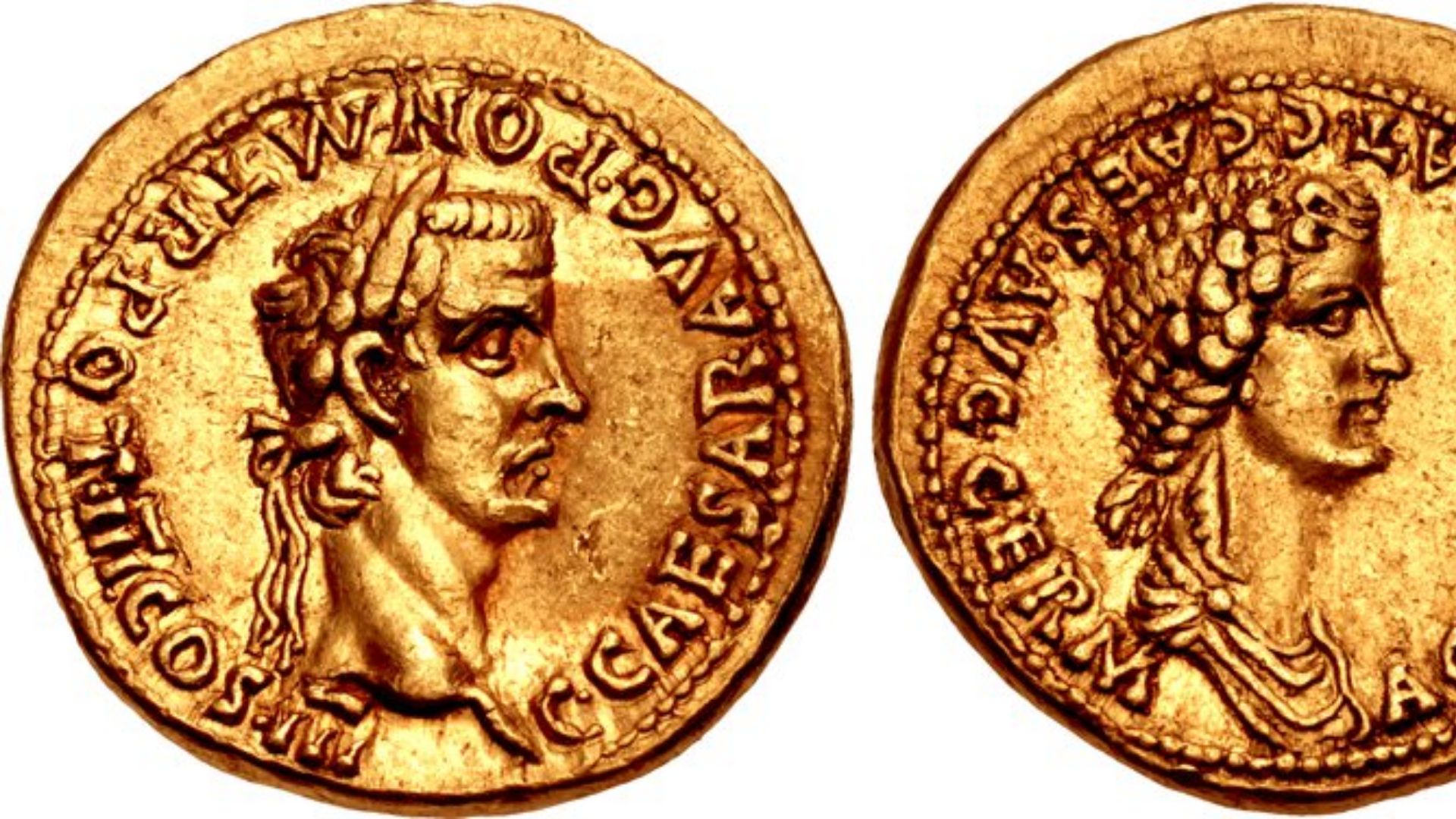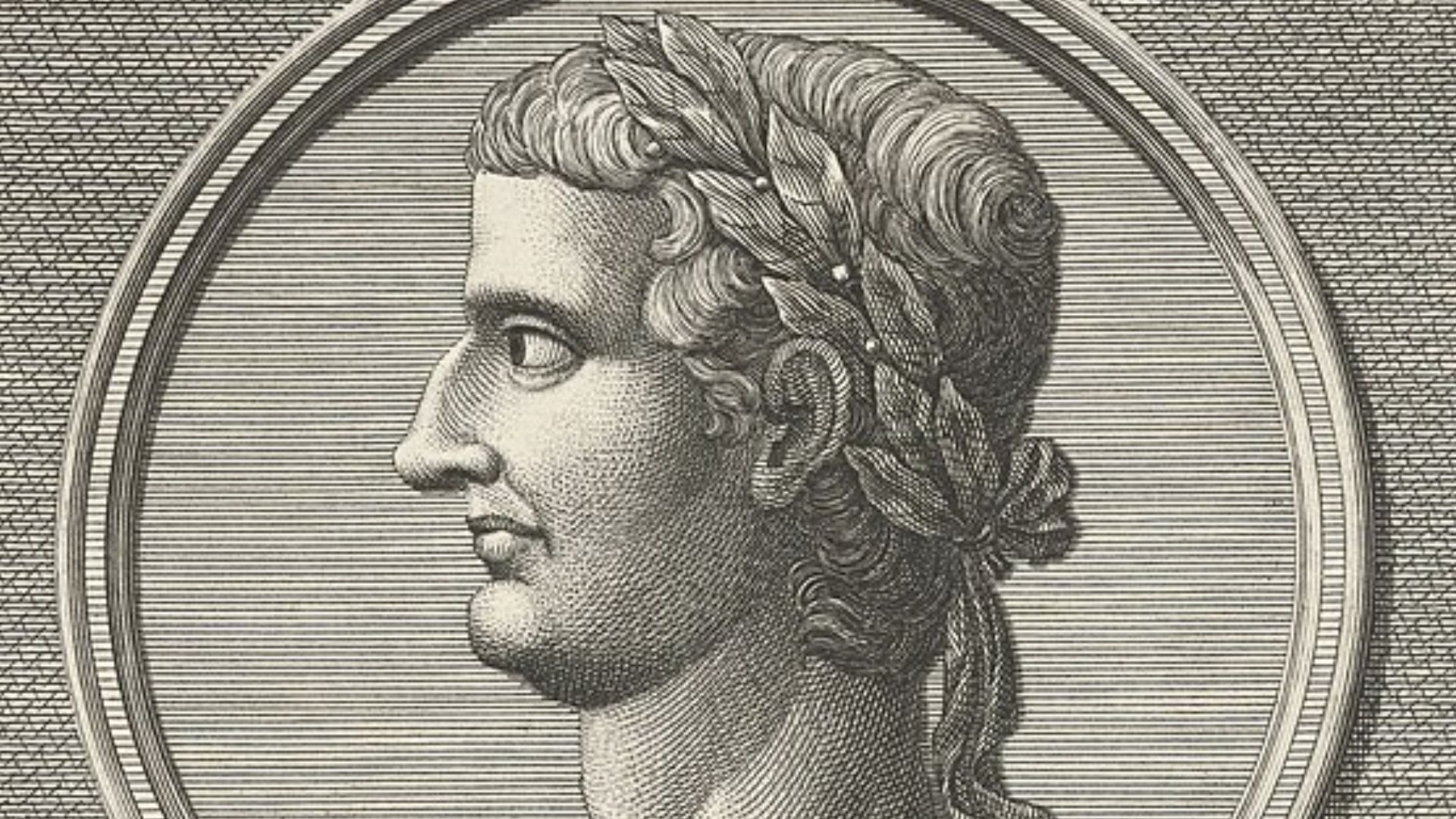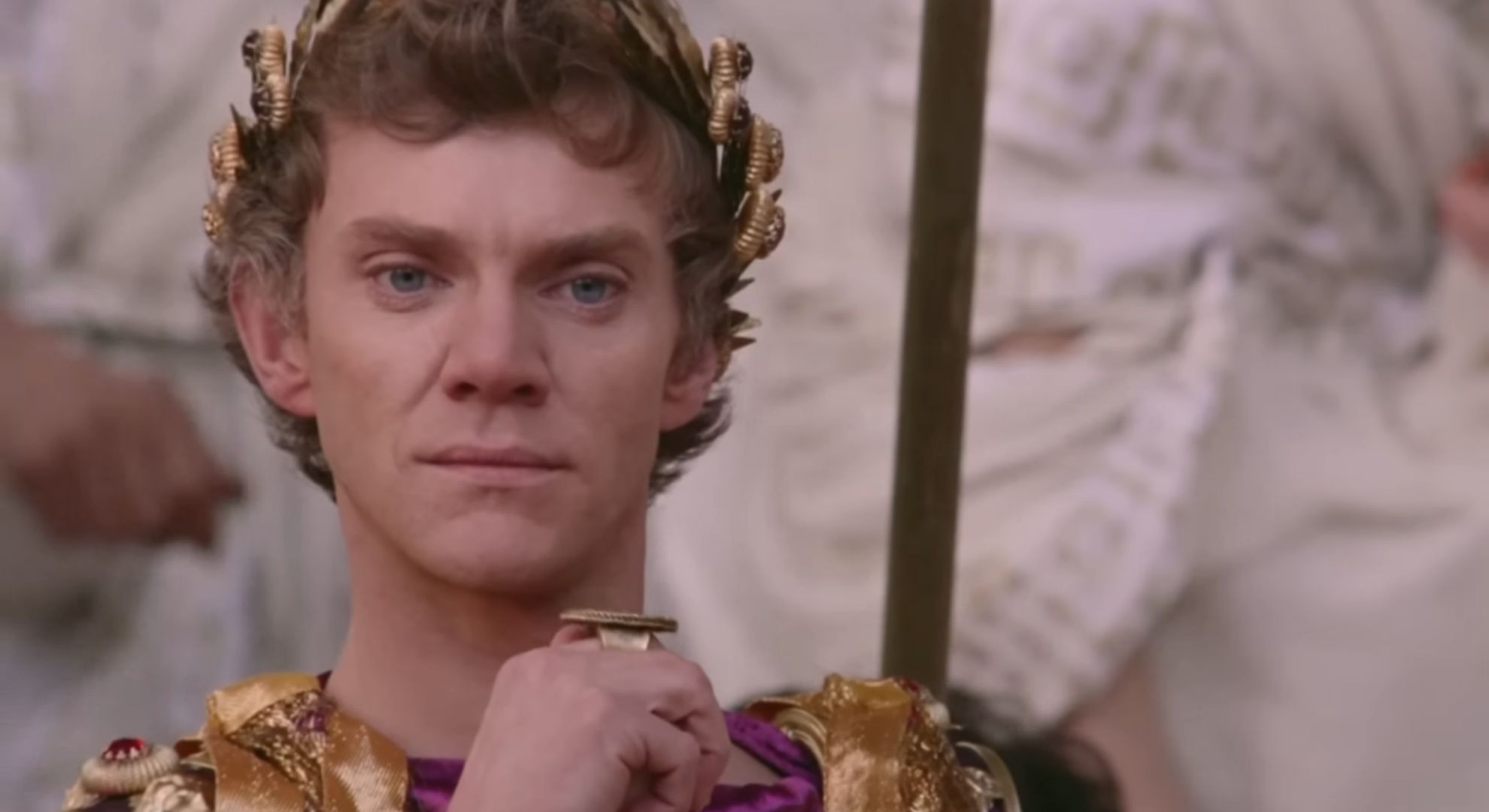Crazy In Control: 20 Facts About Caligula You've Never Heard Before
The Emperor Of Absolute Mayhem
Imagine a ruler so unhinged that historians couldn’t agree on whether he was a genius playing a long con or just completely off his rocker. That’s Caligula—a man who treated Rome like his personal playground and rewrote the definition of excess. So, here are 20 facts that will make you wonder how the Roman Empire even survived his reign.
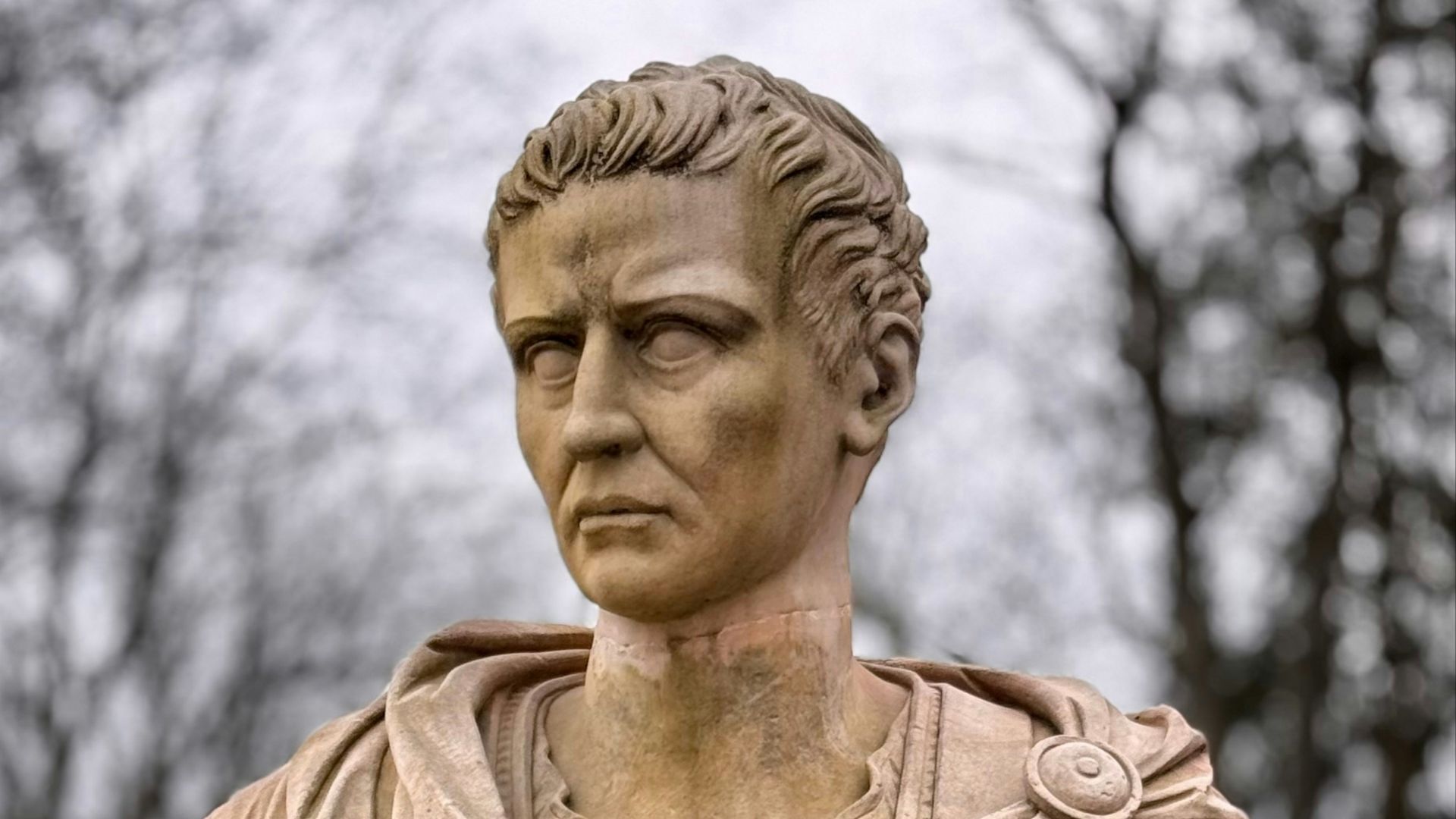 Roman Empire Times on Unsplash
Roman Empire Times on Unsplash
1. His Father’s Death Led To His Rise To Power
The passing away of his father, Germanicus, in 19 AD bolstered Caligula’s lineage, enhancing his eventual path to power after Emperor Tiberius’s last breath in 37 AD. Leveraging his father’s revered legacy, he ascended to the throne, only to swiftly devolve into an unstoppable tyrant.
2. Caligula Made His Horse A Senator
Obsessed with his favorite horse, Incitatus, Caligula reportedly planned to appoint him as a consul, a high-ranking position, and provided him with a luxurious stable and attendants. This intention shocked Rome, showcasing his eccentricity and desire to mock the Roman elite.
3. His Reign Only Lasted Four Years
Caligula’s empire was short-lived, lasting only four years from AD 37 to AD 41. Yet, in that brief span, his reign became infamous for its sheer unpredictability. Despite his brevity in power, he altered Rome’s political scenario and left a legacy of chaos that’s hard to forget.
4. He Ordered His Soldiers To Invade The Sea
In one of history’s most bizarre military decisions, Caligula commanded his soldiers to march into the sea as if they were fighting an actual enemy. A demonstration of his madness, this event left even his military commanders bewildered. What was he thinking?
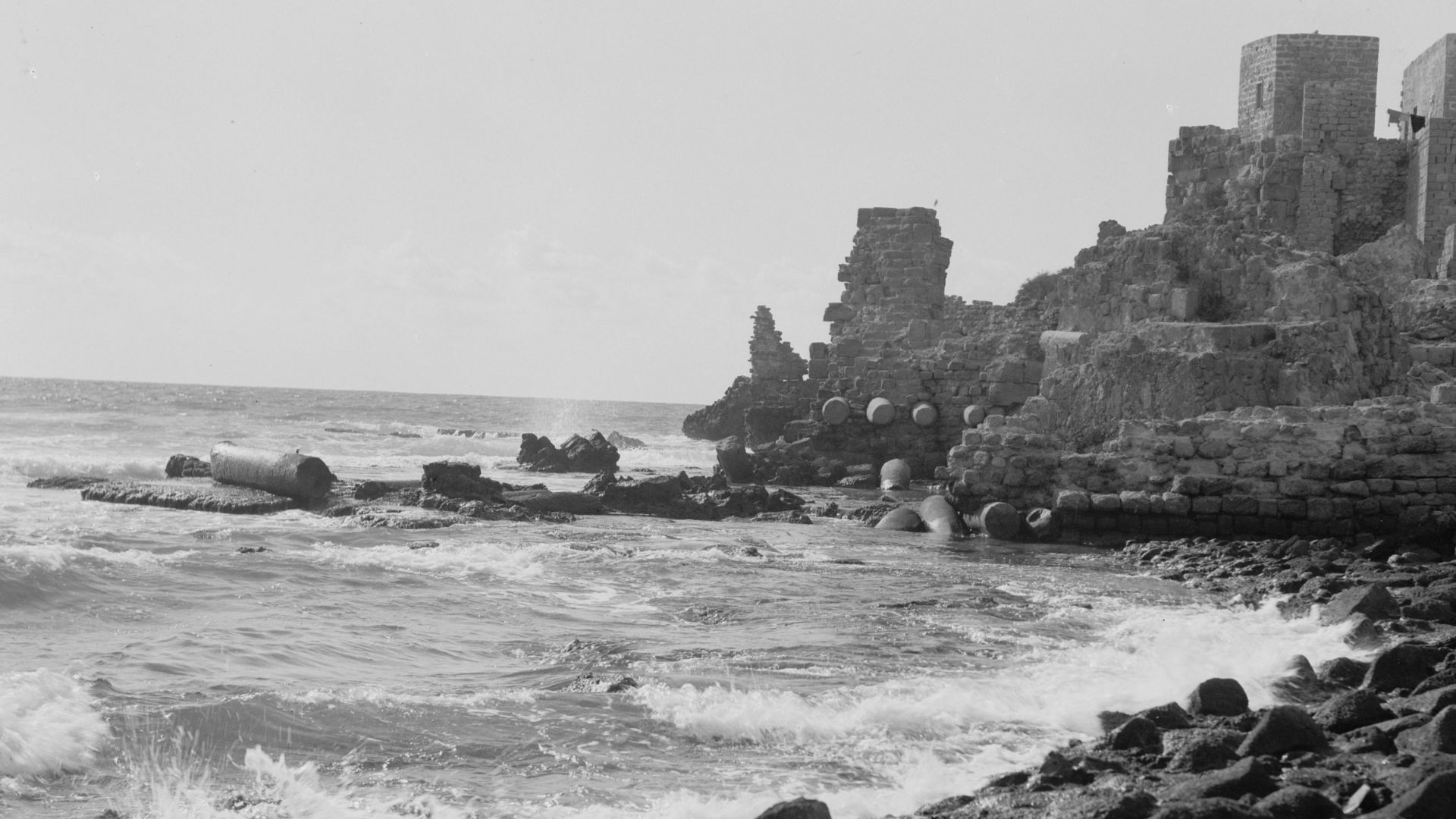 Matson Collection on Wikimedia
Matson Collection on Wikimedia
5. Caligula Was A Master Of Public Humiliation
Public humiliation was Caligula’s weapon of choice for those he disliked. He would force his enemies to partake in ridiculous contests, turning gladiators into jesters. Even senators weren’t immune—he often reduced them to laughingstocks, forever tarnishing their reputations in Rome’s eyes.
6. He Took Credit For "Miracles"
Driven by a desire for divine status, Caligula declared himself a living god and demanded veneration from his subjects. He pushed the boundaries between emperor and deity, causing many to question whether he was truly mortal. However, there is no historical record of him performing any miracles.
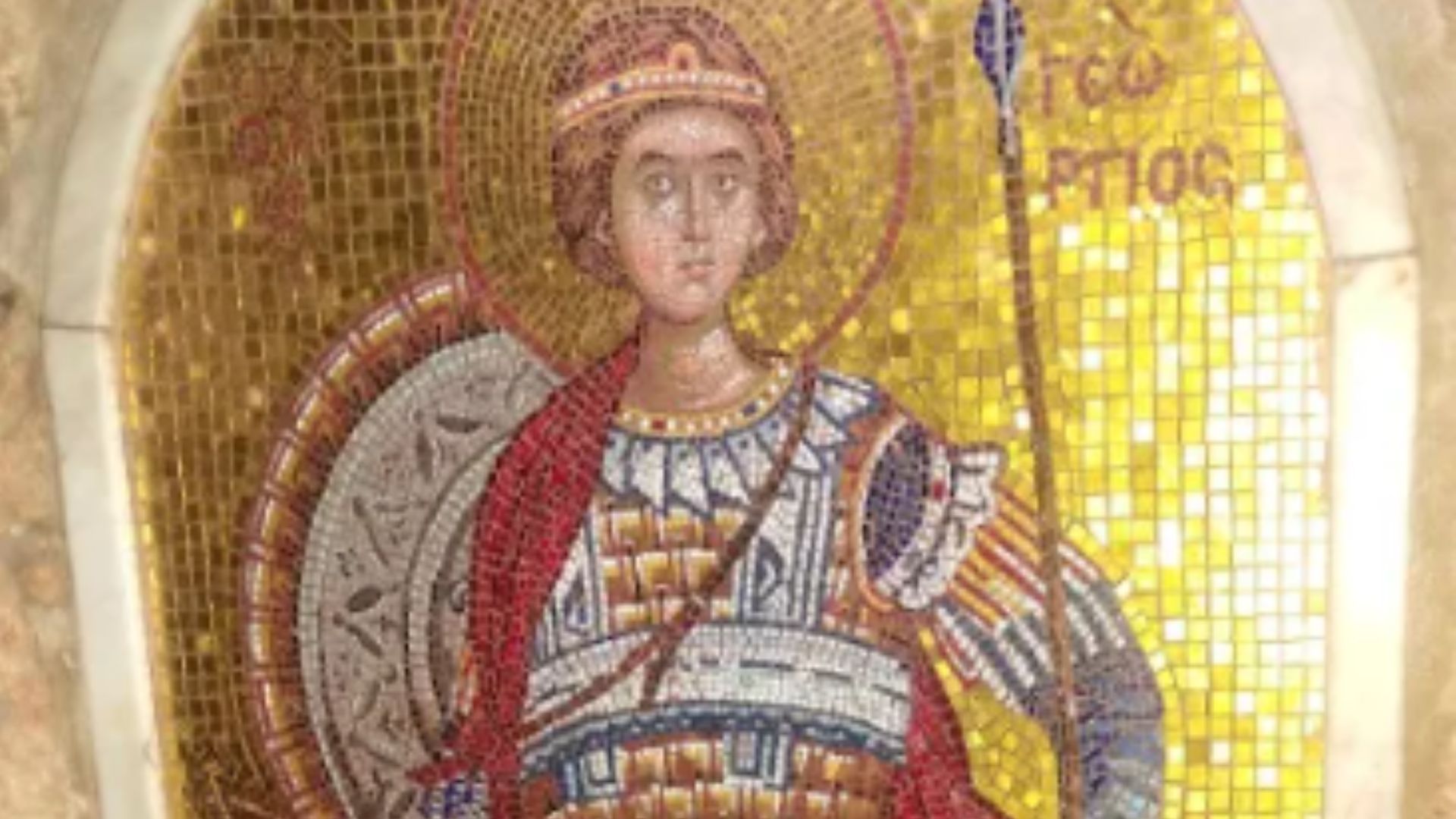 AnonymousAnonymous27 on Wikimedia
AnonymousAnonymous27 on Wikimedia
7. He Created His Own Religion
Caligula attempted to create a cult dedicated to his own worship in an effort to raise his status. He demanded that temples be built in his honor and insisted that his image be revered across the empire. This way, the line between emperor and deity became increasingly blurred.
8. He Disrespected Traditional Roman Values
Tradition meant little to Caligula. His actions, from dissolving the Senate's authority to flaunting Roman religious practices, sent shockwaves through Roman society. He openly mocked Roman customs, undermining everything the empire held sacred. For him, the old ways simply didn’t matter.
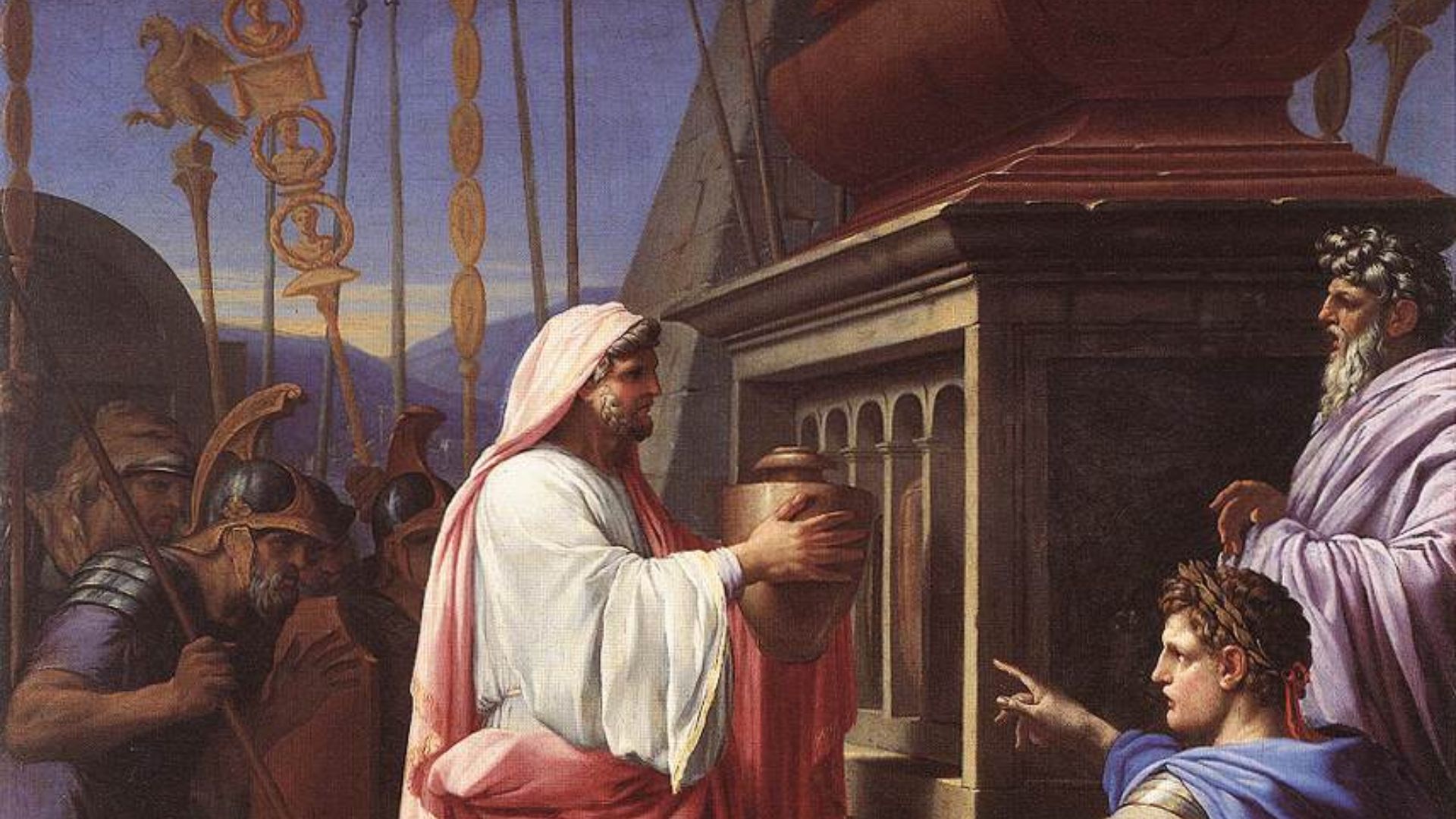 Web Gallery of Art on Wikimedia
Web Gallery of Art on Wikimedia
9. Caligula Engaged In Controversial Relationships
Rumors of Caligula’s relationships with his sisters, particularly Drusilla, circulated throughout Rome. While the truth remains debated, these accounts were recorded by Suetonius and other historians. His controversial actions stirred gossip and scandal that tarnished his image as emperor.
10. He Lacked Political And Military Acumen
Caligula might have been emperor, but was he politically savvy? Not so much. His rule was defined by poor decisions, impulsive orders, and an inability to stabilize Rome. Plus, his military strategies were just as chaotic, often leading to failure instead of glory.
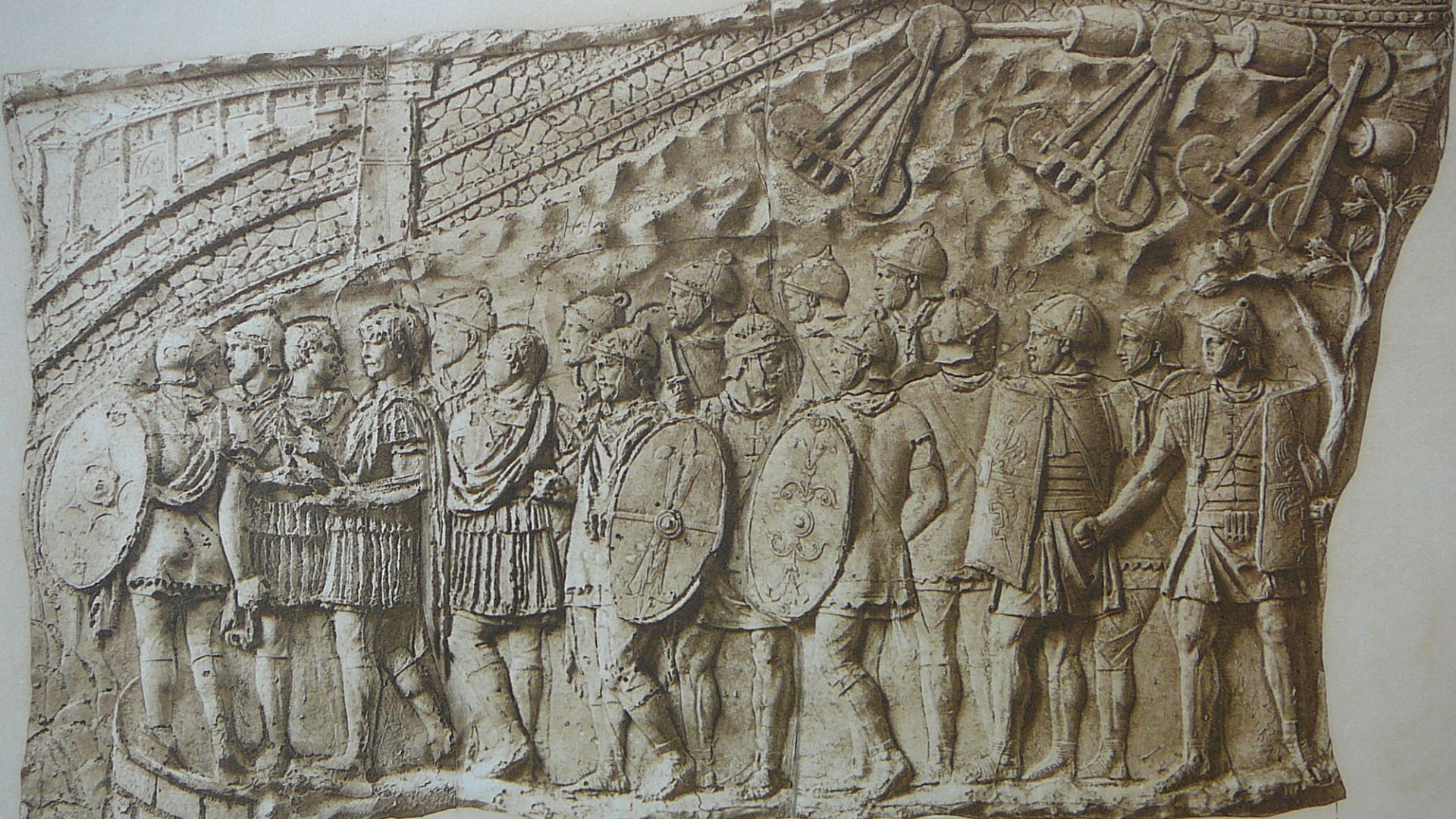 Conrad Cichorius, Zweiten Dakischen Krieges on Wikimedia
Conrad Cichorius, Zweiten Dakischen Krieges on Wikimedia
11. His Murder Was A Result Of Widespread Unrest
By the time Caligula was assassinated in AD 41, his reign had become unbearable. The empire was on edge, and a group of conspirators from within his own guard saw his erratic behavior as too much to tolerate. It was no surprise when they struck—the emperor’s own paranoia had created the storm for his downfall.
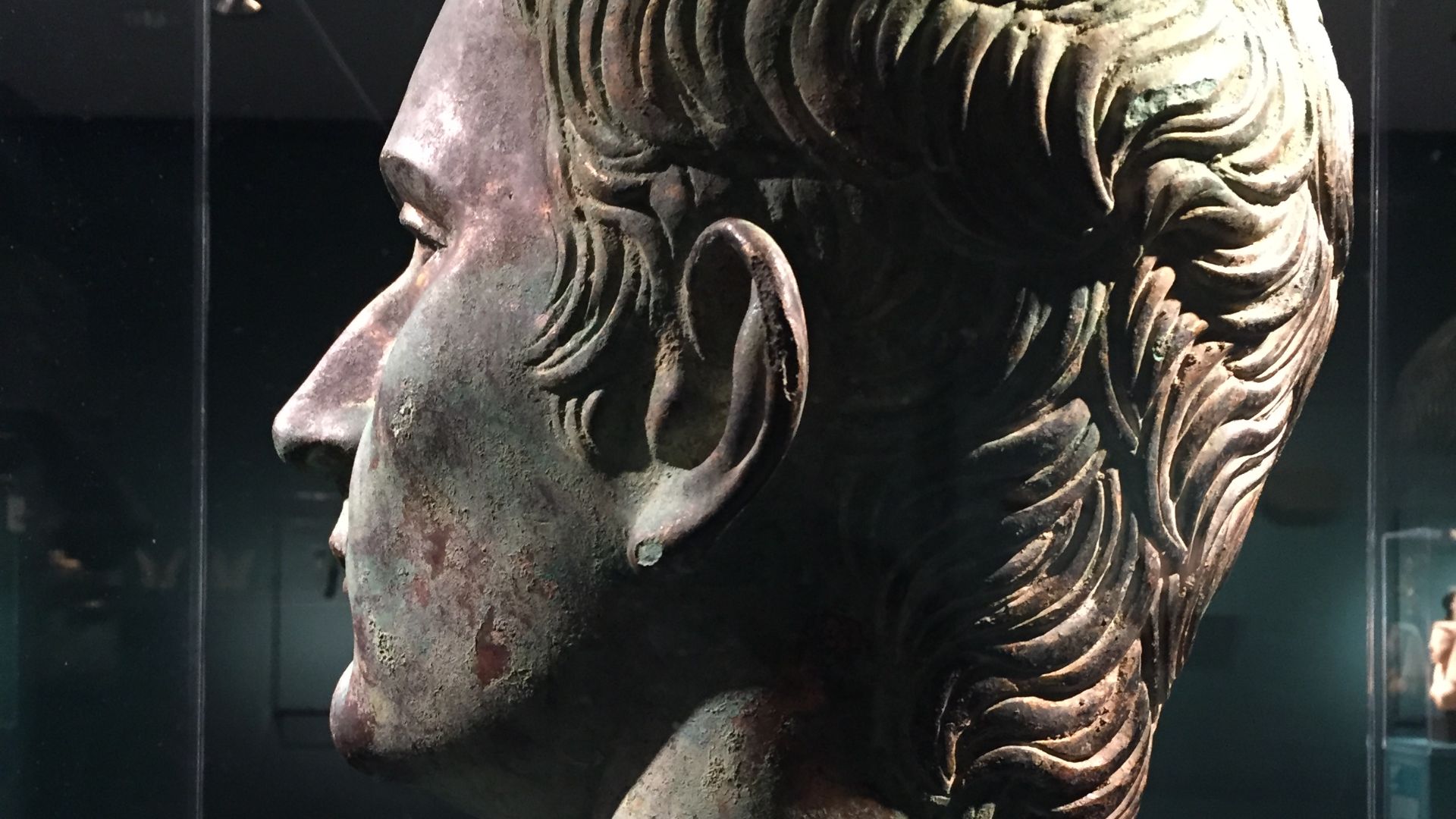 Rachel Rogers-Rodgers on Wikimedia
Rachel Rogers-Rodgers on Wikimedia
12. He Refused To Let His Senators Govern
Caligula didn’t just ignore his Senate—he flat-out shut them out. He refused to let them govern, bypassing their authority and making decisions on his own. The once-powerful Senate was reduced to nothing more than a group of powerless spectators as Caligula reigned supreme.
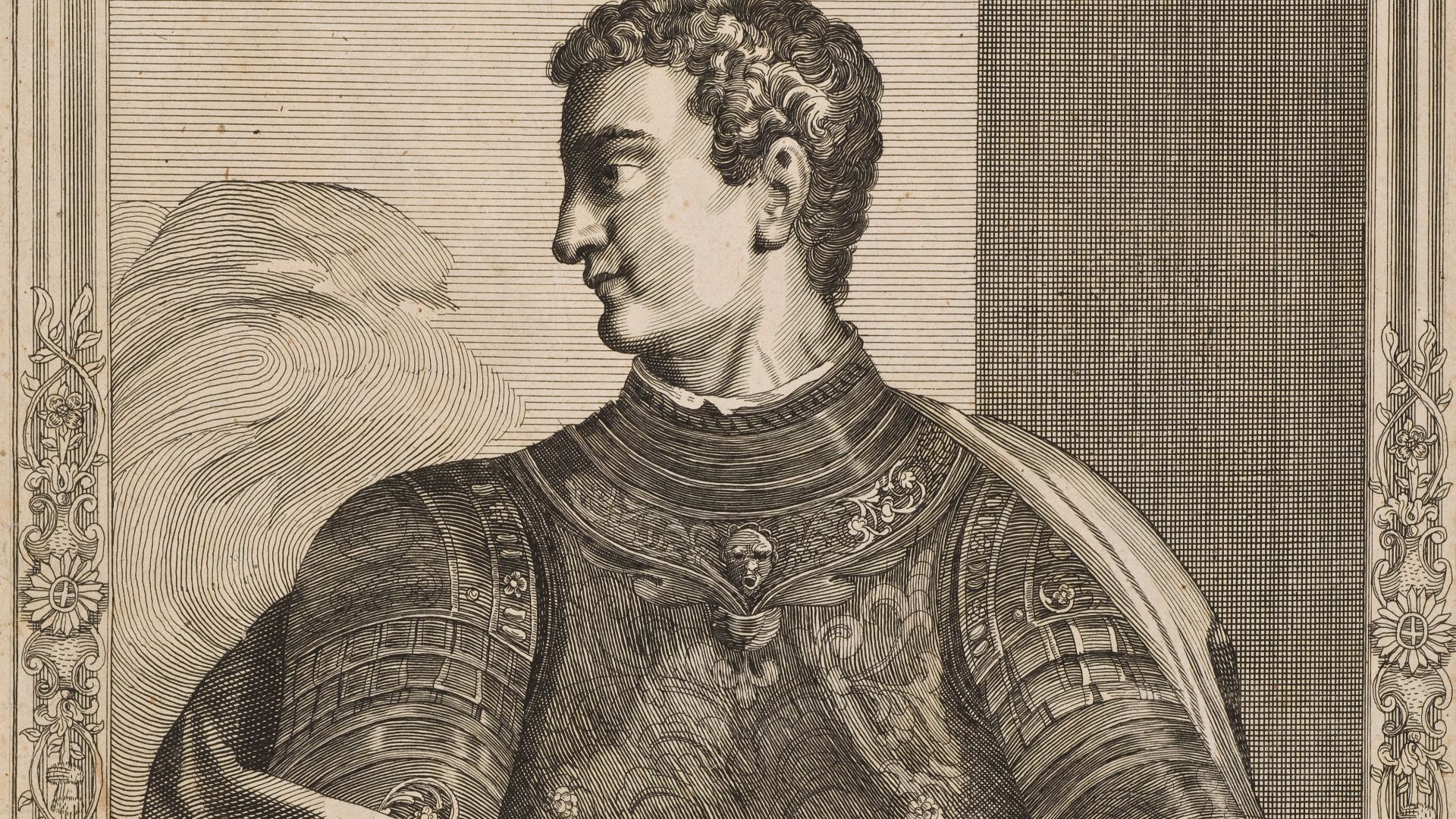 Wellcome Collection gallery on Wikimedia
Wellcome Collection gallery on Wikimedia
13. Caligula’s Excessive Spending Nearly Bankrupted Rome
Caligula’s idea of "ruling the empire" involved lavish palaces, never-ending banquets, and spending money like it was going out of style. His reckless spending drained the empire’s coffers, leaving Rome teetering on the edge of financial ruin.
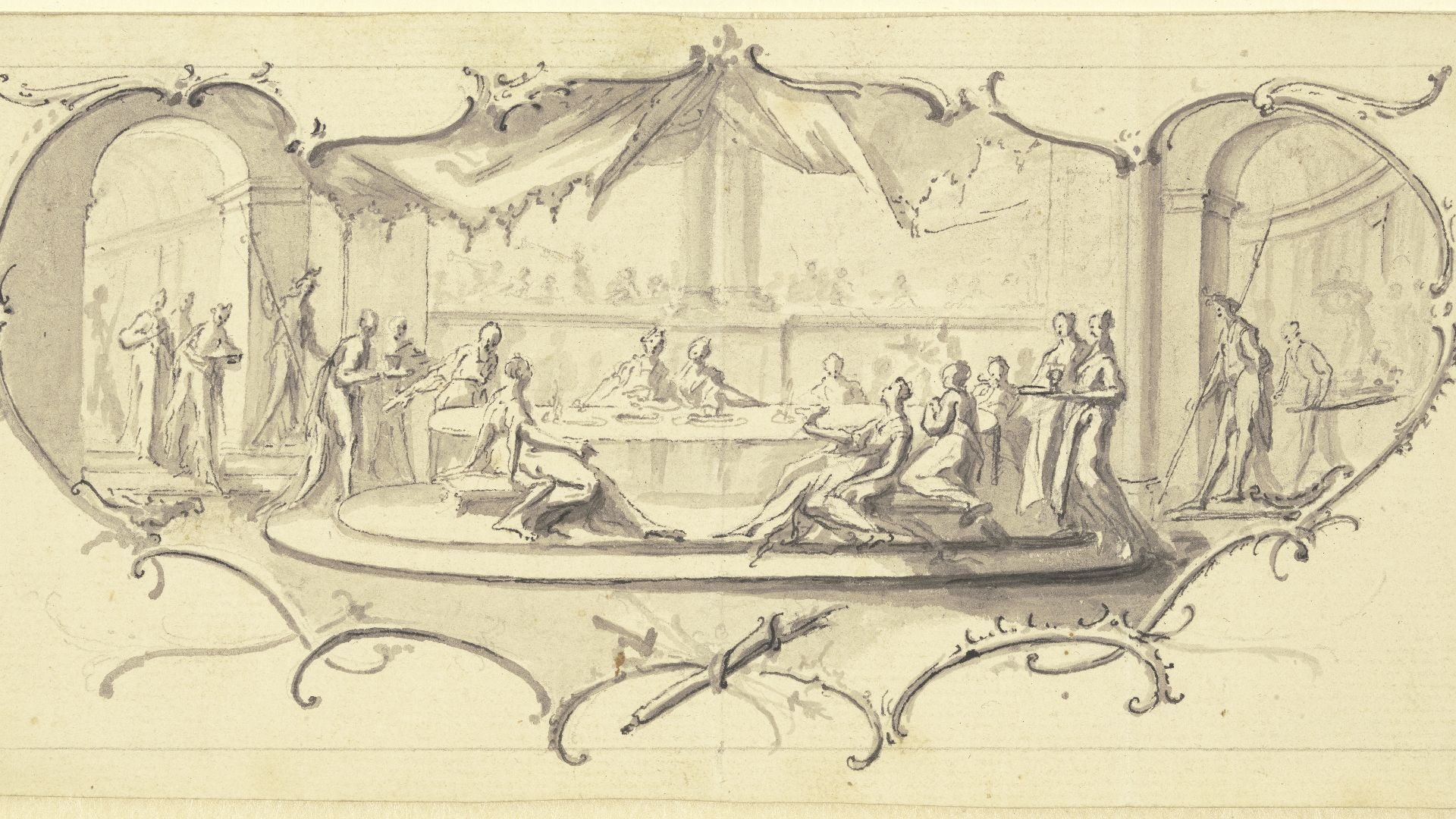 Digitale Sammlung on Wikimedia
Digitale Sammlung on Wikimedia
14. He Relished Watching People Fight
For Caligula, gladiatorial games were a personal spectacle. He loved watching people fight, even if it meant dragging others into the arena for his amusement. The bloodier, the better. To him, human life was just another form of entertainment.
15. Caligula Was Not Even His Real Name
Caligula wasn’t the name he was born with. Gaius Caesar Augustus Germanicus earned the nickname from soldiers who adored the tiny military boots—caligae—he wore as a child while following his father on campaigns. Though it started as an endearing term, he reportedly despised it as an adult.
16. Caligula Hosted Wild Feasts
When Caligula threw a feast, you knew it was going to be out of control. Guests were forced into uncomfortable games, mock contests, and strange performances, all to satisfy his need for dominance. It wasn’t just a meal—it was a public display of his complete control over everyone in attendance.
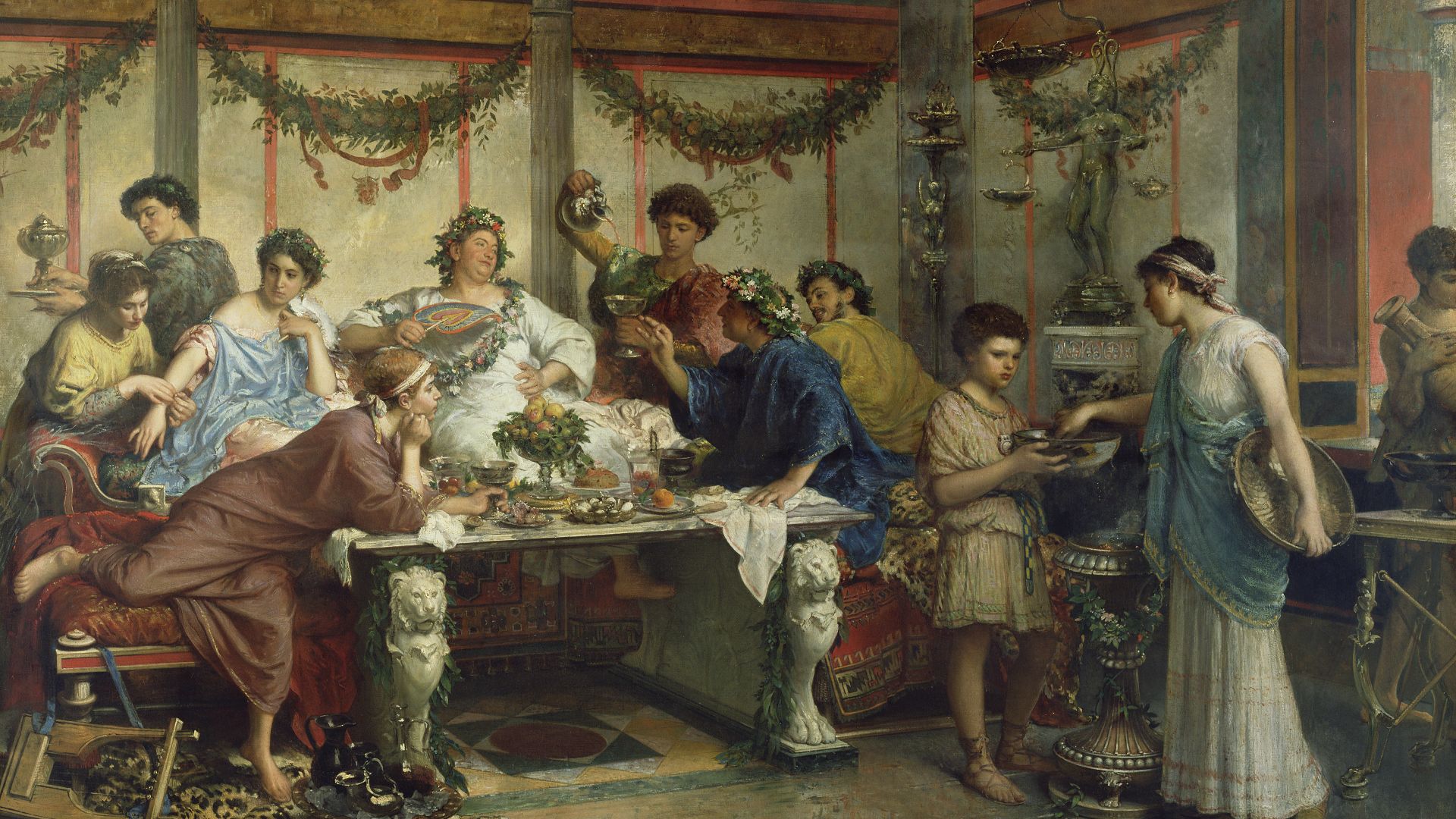 J. Paul Getty Museum on Wikimedia
J. Paul Getty Museum on Wikimedia
17. He Had A Proclivity For Bizarre Punishments
Caligula was infamous for his cruel and unusual punishments. Those who offended him faced brutal consequences, including execution for the slightest insult. His erratic nature made him a ruler who took offense easily and meted out demises as a response to minor slights.
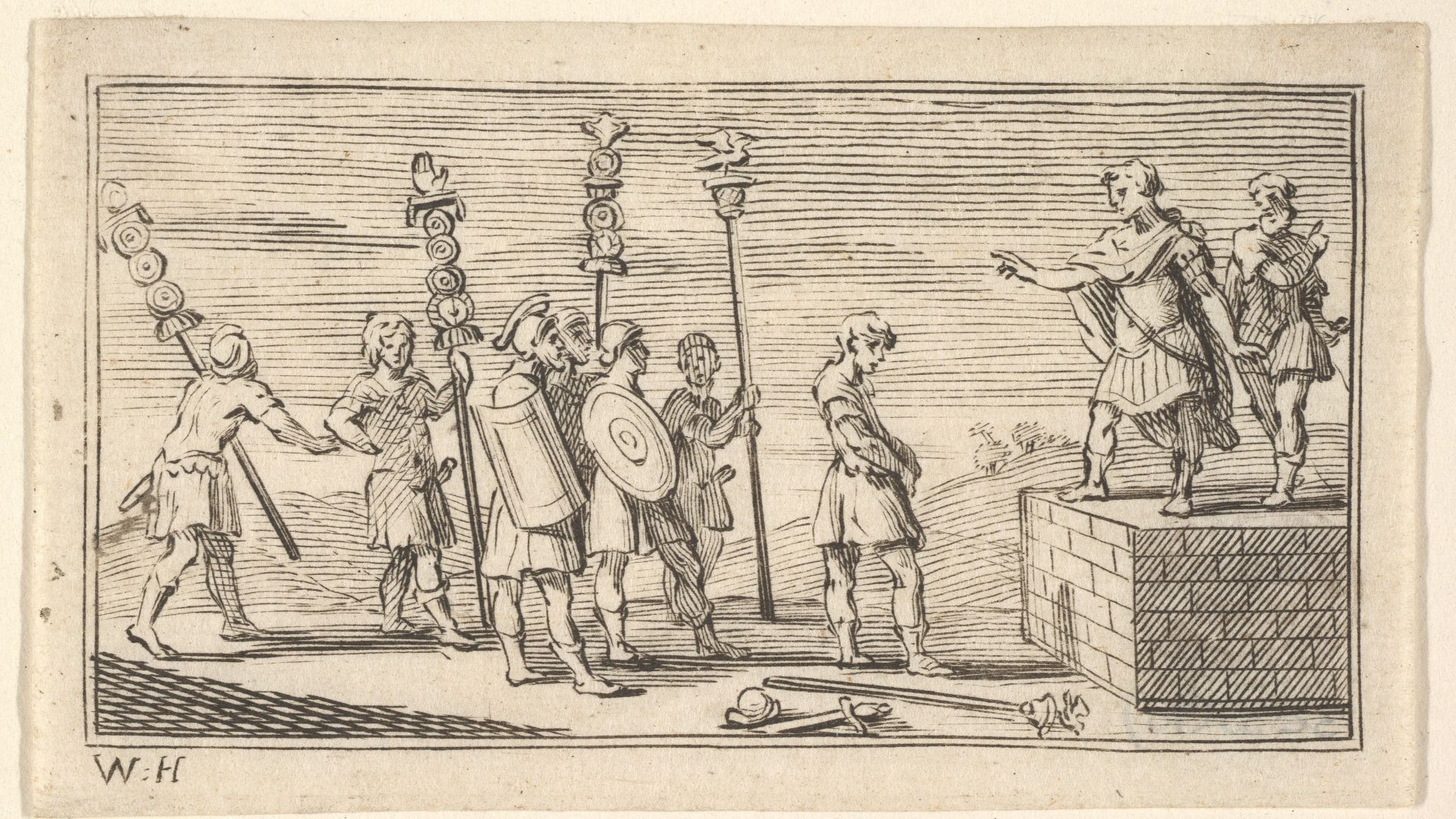 Metropolitan Museum of Art on Wikimedia
Metropolitan Museum of Art on Wikimedia
18. He Executed His Family Member
Paranoia dominated Caligula’s reign, sparing few from suspicion, including his own kin. He ordered the execution of his cousin, Tiberius Gemellus, who was seen as a potential rival to his rule. Any perceived threat, even from family, faced a grim fate.
19. He Was Quite Popular In The Beginning
Caligula rose from hostage to emperor, quickly winning public favor. Unlike the paranoid Tiberius, he was young, charismatic, and widely admired. He ended treason trials, pardoned exiles, abolished unfair taxes, and hosted grand games, which earned praise across the empire.
20. He Had A Reputation For Unpredictability
Caligula’s behavior was notoriously unpredictable. One moment, he could be seen as a benevolent ruler, and the next, a tyrant ordering executions. This constant shift in demeanor created an atmosphere of fear and uncertainty within Rome. No one knew what to expect next.
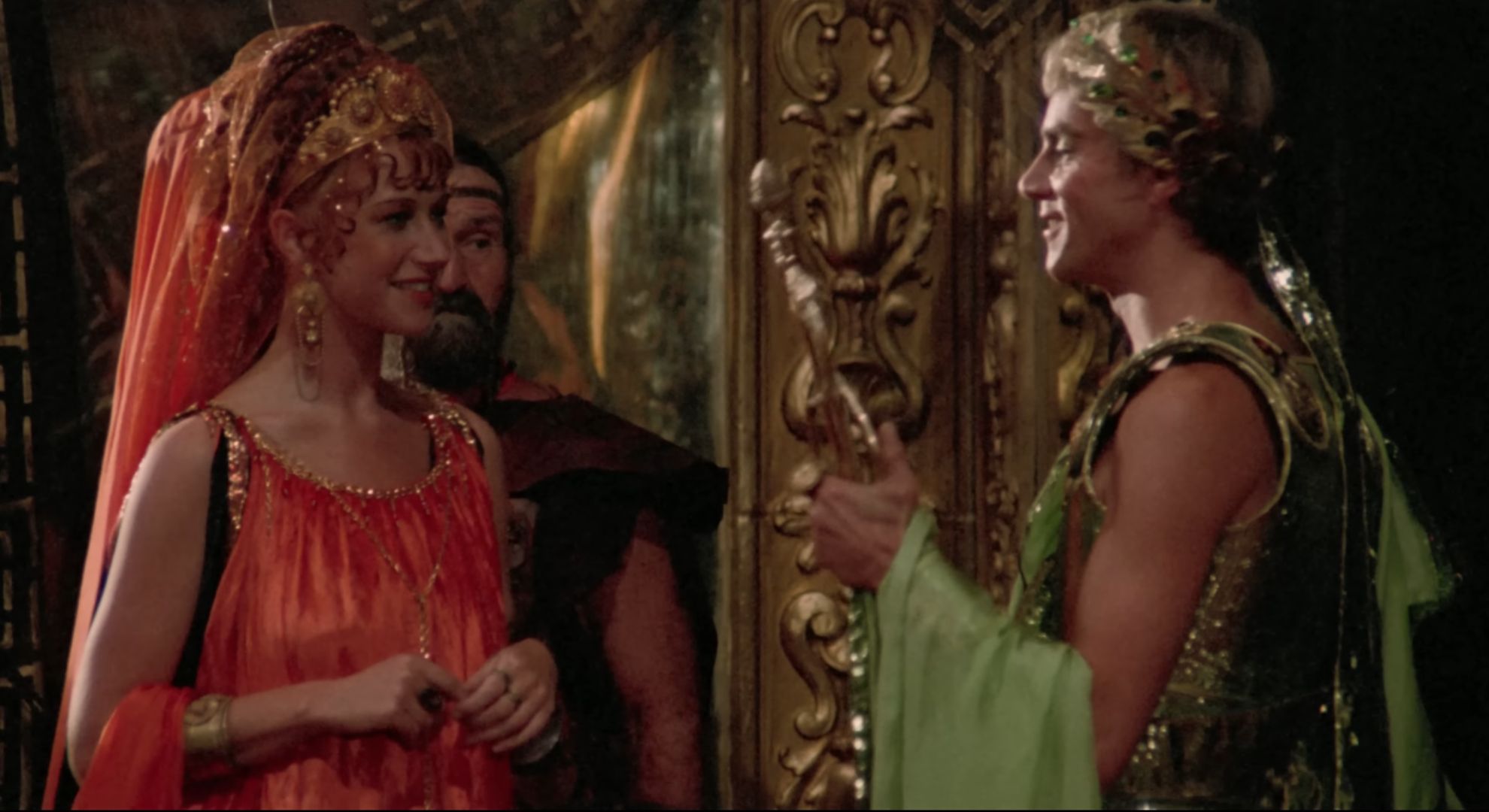 Caligula: The Ultimate Cut | Official Trailer | Drafthouse Films by Drafthouse Films
Caligula: The Ultimate Cut | Official Trailer | Drafthouse Films by Drafthouse Films
KEEP ON READING

The story of Ching Shih, the Woman Who Became the…
Unknown author on WikimediaFew figures in history are as feared…
By Emilie Richardson-Dupuis Dec 29, 2025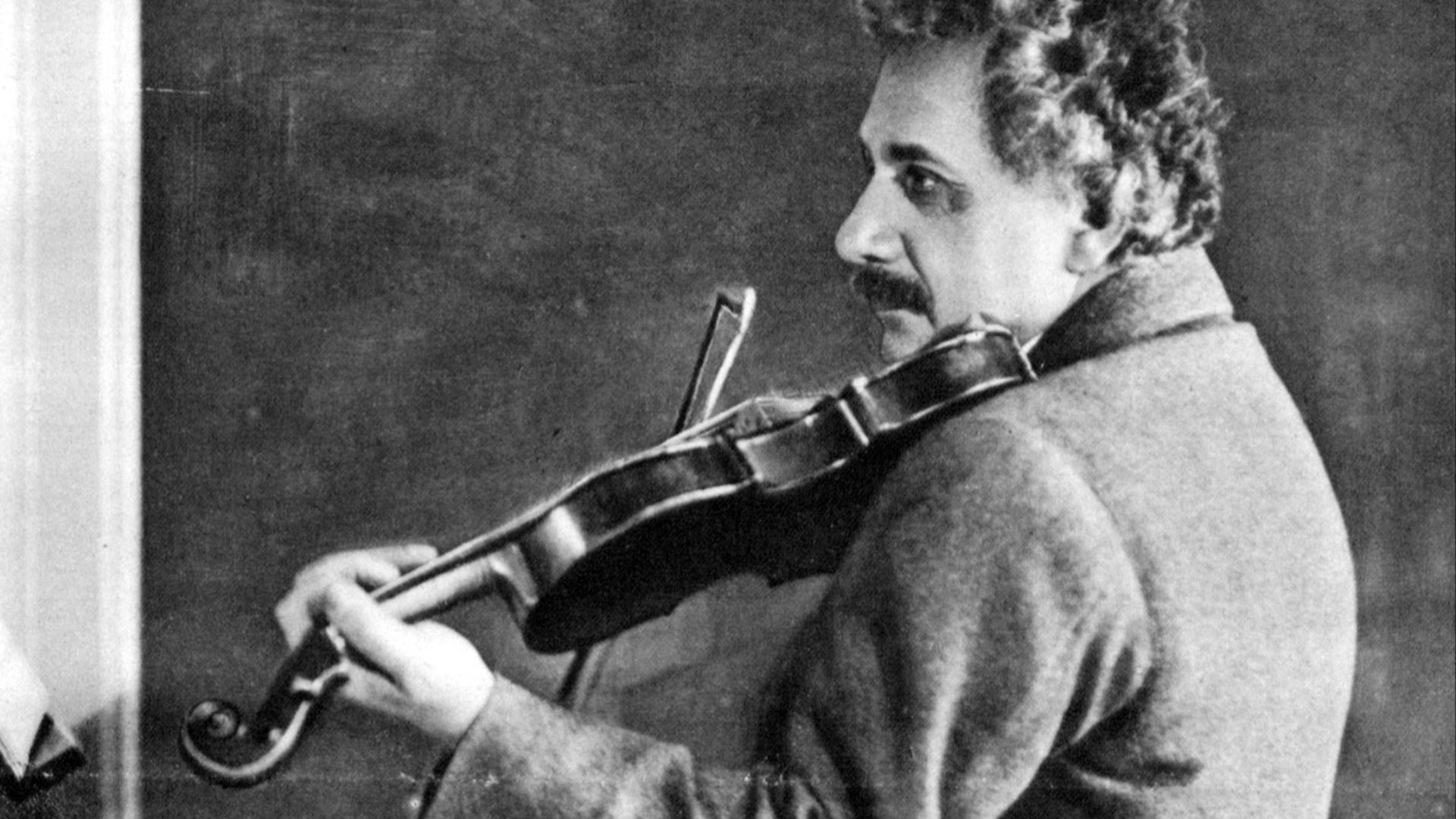
Einstein's Violin Just Sold At An Auction—And It Earned More…
A Visionary's Violin. Wanda von Debschitz-Kunowski on WikimediaWhen you hear…
By Ashley Bast Nov 3, 2025
This Infamous Ancient Greek Burned Down An Ancient Wonder Just…
History remembers kings and conquerors, but sometimes, it also remembers…
By David Davidovic Nov 12, 2025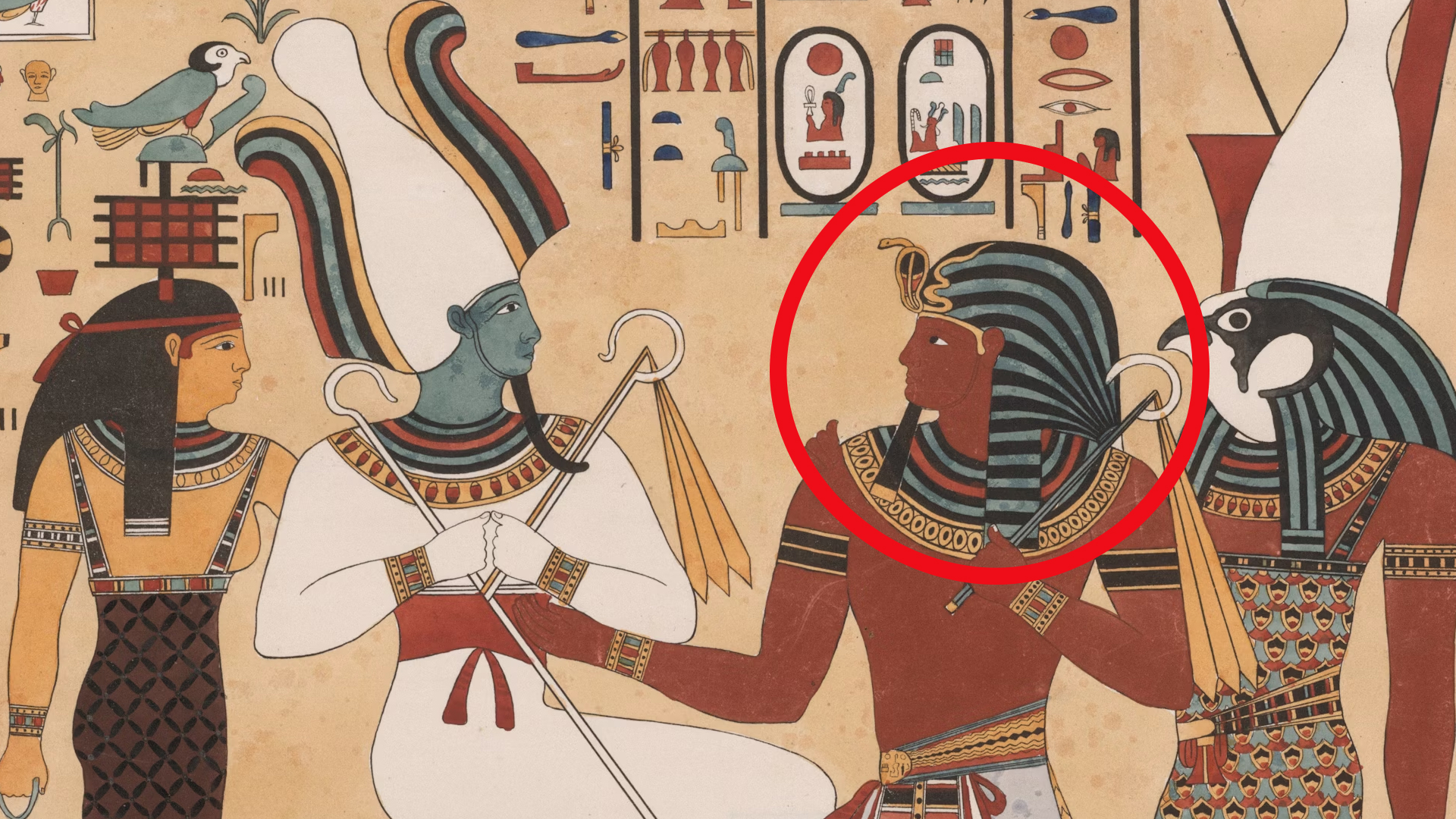
The Mysterious "Sea People" Who Collapsed Civilization
3,200 years ago, Bronze Age civilization in the Mediterranean suddenly…
By Robbie Woods Mar 18, 2025
20 Inventors Who Despised Their Creations
Made It… Then Hated It. Inventors often dream big, but…
By Chase Wexler Aug 8, 2025
The 10 Most Important English Authors & Their 10 Most…
Famous Pens, Less Famous Pages. There are a few names…
By Ashley Bast Dec 31, 2025

